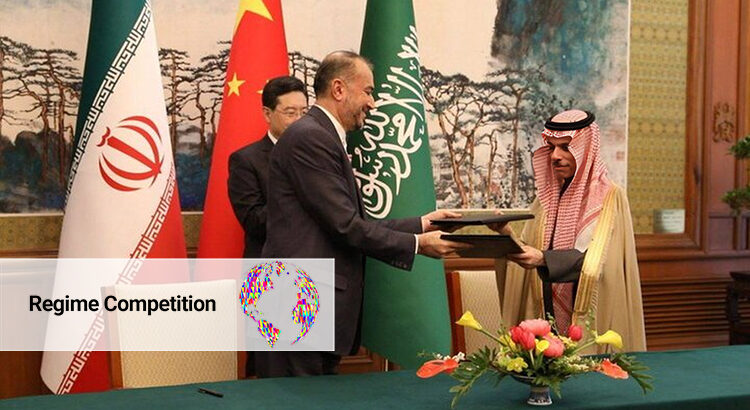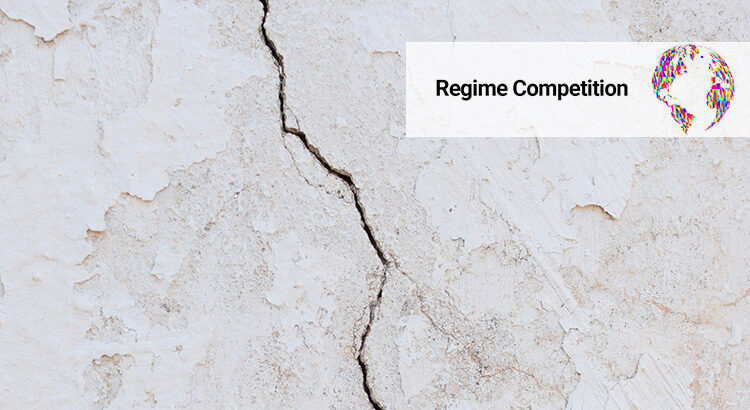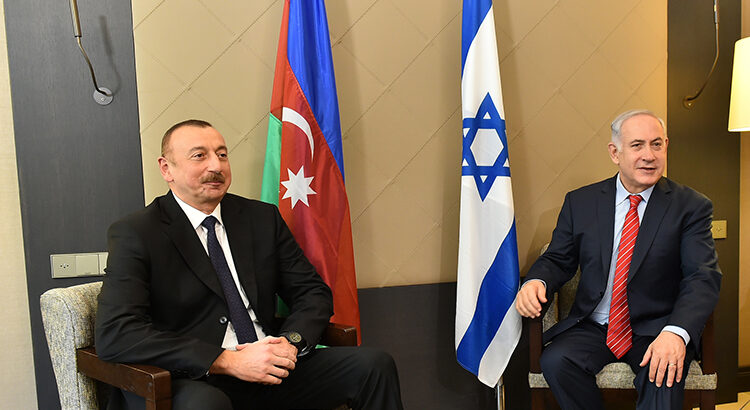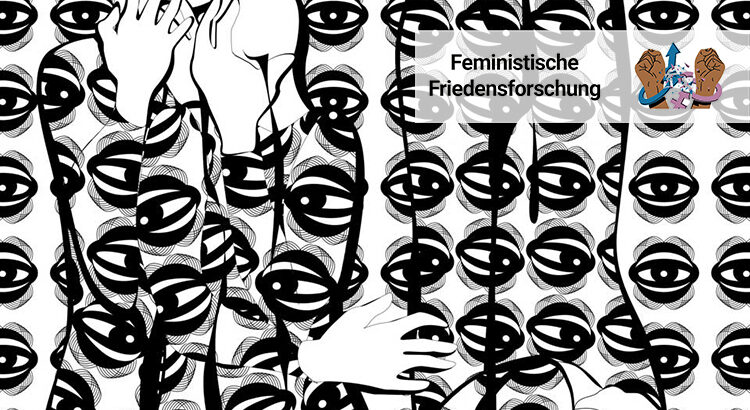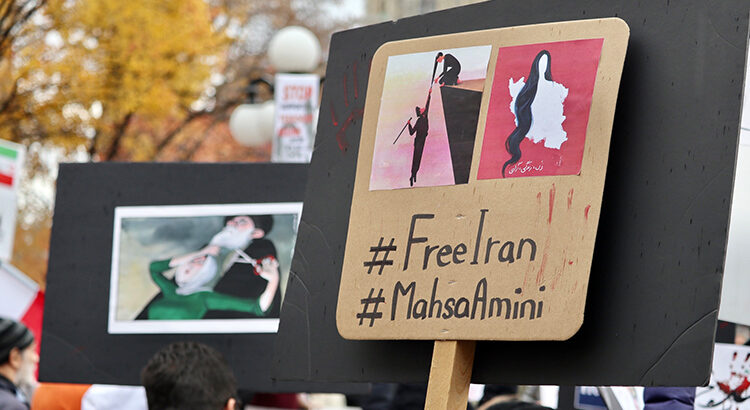The intensifying systemic rivalry between great powers also involves contesting the most effective approaches to conflict resolution and mediation. The most recent Beijing-mediated détente between Saudi Arabia and Iran has ignited heated debates regarding its longevity and China’s rising profile in the region. While the Middle East may still be a region largely inhospitable to outsider mediation, there are three good reasons why Beijing’s latest foray into Middle East peace diplomacy may be effective. The article argues that China’s hitherto successful mediation between Saudi and Iran lies in its power of not using power—the ability to leverage its growing geoeconomic influence while refraining from the use of coercive power in regional affairs. This approach aims at providing an alternative approach to external powers’ engagement in Middle East peace affairs.
Schlagwort: Iran
Decoupling and the “New Cold War”: Cautionary Lessons from the Past
An emerging “new Cold War” appears to pit democracies, led by the US, against autocracies, led by Russia and China. But the analogy between today’s regime competition and that of the “old” Cold War is deceptive. China and Russia today are much more closely intertwined with Western democracies than the Soviet Union ever was. These linkages will complicate the conflict considerably. There is already growing pressure to engage in “decoupling”, that is, to break these interdependencies. Research on past instances of decoupling shows that such processes often exacerbate conflict. This research offers four lessons about the general dynamics of decoupling – and little cause for optimism about today’s disengagement processes.
Why Israel Backs Azerbaijan in Nagorno-Karabakh Conflict: It’s Not About Armenia
Amidst the devastation caused by the recent earthquakes in Turkey on 6 February, Iranian Foreign Minister Hossein Amir Abdollahian made a strong statement warning against the threat posed by the Zionist regime to peace and stability in the region. Specifically, he pointed to Israel’s involvement in the Nagorno-Karabakh conflict, where Azerbaijan emerged victorious with significant support from Israel in the form of technology and arms. But why did Israel get involved in a conflict thousands of miles away, with no direct interests? In this post, we’ll take a closer look at Israel’s strategic partnerships with Azerbaijan and Turkey, and how they tie into its involvement in the Nagorno-Karabakh conflict.
“For this Forced Heaven”: Women’s Rights as the Path to Democracy in Iran
Iran’s streets have been the scene of inspiring portraits created by women and young girls chanting “women, life, freedom” over the past six weeks. Starting as a reaction to the death of 22-year-old Zhina (Mahsa) Amini, who was killed by the so-called “morality police” for wearing her hijab improperly, the protests have now turned into a cross-class, women-led movement for democracy and rule of law. This post looks at the situation of women from a historical perspective after the Islamic revolution and argues that women’s rights are acting as a connector to unite different groups and social classes fighting for democracy and rule of law in the current protests.
Will the Protests in Iran Change Regional Power Dynamics in the Middle East?
Images of Iranian women burning their hijab in the last four weeks demonstrates the unraveling of the ideological foundations of the Islamic Republic. This discontent, however, extends beyond Iran’s borders, and has strained the relationship with its regional clients. We argue that the ongoing demonstrations in Iran may exacerbate Iran’s already-shifting regional position, as the ongoing protests both question the legitimacy of the regime within and outside the country, and further weaken Iran’s capacity to support its clients in the Middle East.
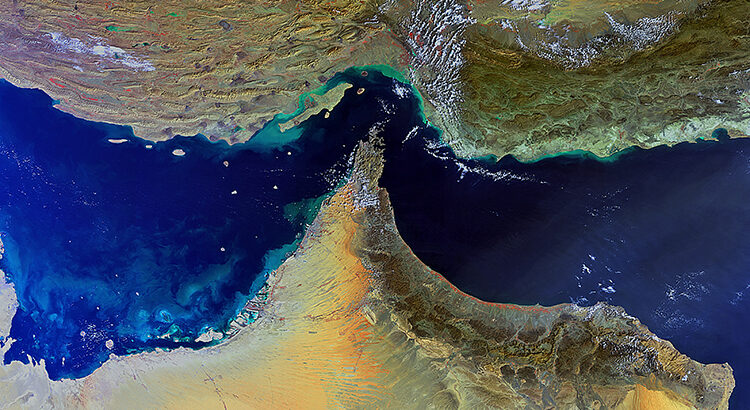
Overcoming Gulf-Rivalry? Challenges and Chances of Saudi-Iranian Dialogue
While the Saudi-Iranian relations have mostly been shaped by ‘peaceful rivalry’ since the Islamic Revolution in 1979, they increasingly turned hostile following the so-called ‘Arab Spring’. Building on recent dynamics in the Gulf region, high level politicians of Saudi Arabia and Iran have signaled serious willingness for dialogue and reconciliation. We argue here that these renewed efforts are primarily motivated by security and economic concerns but have also been supported through a series of informal interactions at different societal levels. While dialogue seems possible and desirable, its long-term prospects will be challenged by changing regional dynamics and the respective political will to overcome historical constructs of rivalry and regional competition.
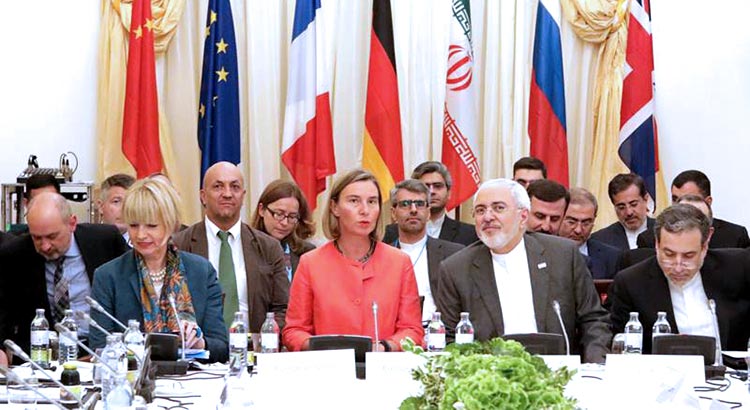
Der amerikanische Rückzug vom Iran-Deal. Das letzte „hurray“ einer scheiternden Supermacht?
„Make America Great Again“: unter diesem Slogan will Präsident Trump die Vormachtstellung und unilaterale Handlungsfähigkeit der USA in einer nach seinem Willen immer weniger multilateral gestalteten Weltordnung weiter festigen. Tatsächlich sind die USA auf dem besten Wege, ihre herausgehobene Position selbst zu demontieren: durch schrankenlose Machtpolitik und die dadurch ausgelösten Gegenreaktionen. Zum sinnfälligen Ausdruck dieser Entwicklung wurde die Pressekonferenz eines Staatenformats im September 2018, das unter dem Kürzel E3/EU+2 zur Rettung des Nuklearabkommens mit dem Iran antritt.
